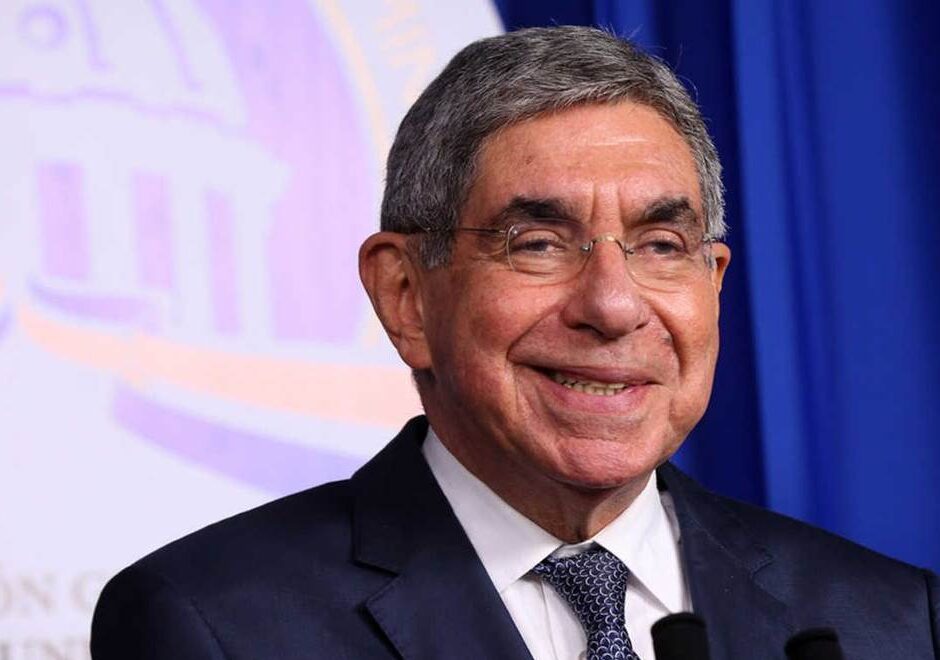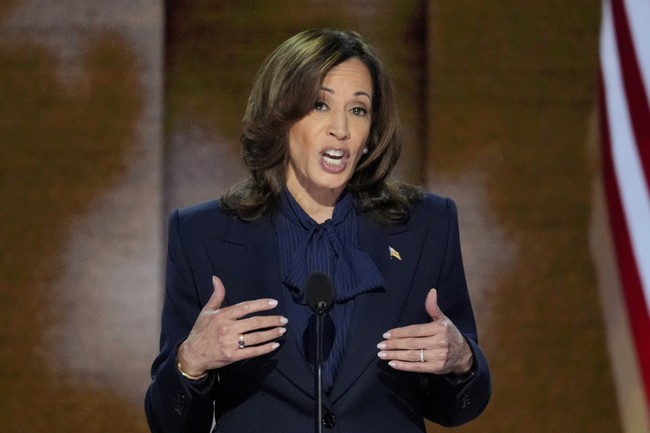Giuliani's Court Challenges Intensify in Defamation Case
Rudy Giuliani faces increasing legal pressure after multiple contempt rulings for defamation, drawing attention to high-stakes legal proceedings and potential incarceration.
Published January 12, 2025 - 00:01am

Image recovered from bostonglobe.com
In a dramatic unfolding of legal events, former New York City mayor Rudy Giuliani has found himself at the center of an escalating legal battle. Giuliani has faced intense scrutiny following two contempt of court rulings within one week, related to his continued defamation of two former Georgia election workers, Ruby Freeman and Wandrea Shaye Moss. These rulings have not only highlighted a significant legal conflict but have also placed Giuliani on the brink of possible jail time.
The roots of this legal saga trace back to the tumultuous aftermath of the 2020 U.S. Presidential election. Giuliani, a staunch supporter of then-President Donald Trump, prominently disseminated claims of election fraud purportedly committed by Freeman and Moss, allegations that were devoid of evidence and have since been debunked. His persistent accusations have precipitated profound consequences for the plaintiffs, who assert that they suffered racial threats and harassment due to the misinformation spread in widely publicized claims.
District Judge Beryl Howell issued the latest contempt ruling from Washington, D.C., underscoring the severity of Giuliani's ongoing violations of court orders intended to protect the reputation and privacy of Freeman and Moss. Judge Howell was firm, not only in her call for Giuliani to review the trial materials thoroughly but also in her warning that future non-compliance could lead to severe legal repercussions, including imprisonment. Despite the legal adversities, Giuliani maintains his assertions, claiming a good faith belief in his allegations and questioning the legitimacy of the court's proceedings.
As the court hearings continue, Giuliani has adopted a combative stance both inside and outside the courtroom. During the proceedings, Giuliani characterized the ongoing legal actions as biased and an unjust attack against him, using his significant public platform to criticize the judiciary. His public comments reflect an intense frustration with the legal process, which he perceives as partial and retaliatory. In his own words, Giuliani described the rulings as a 'hypocritical waste of time,' underscoring his dissent and the complex intersection of legal interpretations and media influence.
The implications of the rulings extend well beyond Giuliani's personal and legal challenges, touching upon broader societal discussions regarding misinformation, the power of public figures, and the integrity of the electoral process. Freeman and Moss, the election workers at the heart of the controversy, have shared harrowing experiences of living under the shadow of false accusations, a narrative that resonates in today's climate of disinformation and political polarization. Their lawsuit not only seeks to right personal wrongs but also underscores the principle that deliberate deception carries consequences.
From a legal standpoint, the repeated contempt rulings against Giuliani highlight the judiciary's determination to uphold the court's authority and the importance of compliance with legal directives. The stakes are high, with financial penalties amounting to $148 million in damages aimed at holding Giuliani accountable for the suffering caused. These proceedings reflect a broader accountability movement that resonates with the public's demand for truthfulness and integrity in public discourse.
The unfolding case against Giuliani continues to captivate public attention, drawing keen observations from legal scholars and the general public alike. This case serves as a litmus test for the enforcement of legal boundaries in the realm of free speech and public accountability. As observers await further developments, the legal proceedings offer a compelling narrative of justice in the face of adversity, encapsulating the ongoing struggle between personal belief, public assertions, and judicial oversight.







